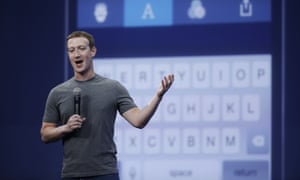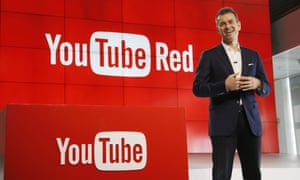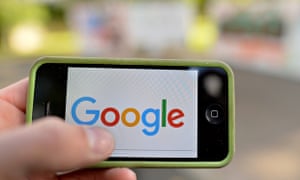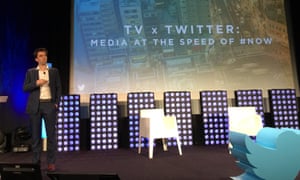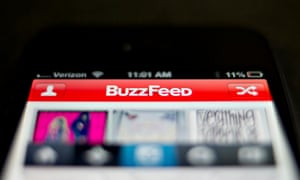The development of new/digital media means the audience is more powerful in terms of consumption and production. Discuss the arguments for and against this view.
Audiences have become empowered by new and digital. This is because of how many platforms are available to be accessed, such as BBC, Daily mail and the gaurdian. From these different platforms we can gain a more wider view on a paricular story which allows us to form a more solid opinion about a particular subject. since we have access to such a wide variety of news and values it also allows us alot of room to share our thoughts about online through social media to a mass audience. Also, with the use of social media (mainly twitter) we are now able to access a huge variety of news stories by simply just scrolling down our timelines and in addition to this we also get see people thought about the stories. This would support the plurism belief as it allows us as an audience to be more free about our thoughts rather than taking in everything that we hear from the news. A great example how social media has had a huge impact on the news industry is because of how much people have become rebellious, mainly during the election period people set up facebook pages protesting which allowed many people to gain a better understanding to help them form their own beliefs.on the other hand, you could argue that alot of the stuff posted online could be fake and unreliable so therefore we could potentially be mislead into believing stories which are incorrect.
The Marxist believe that the media is controlled and filtered by the elites as they choose what is shown on the media, these corporations also have power over the audience, this is evident because of the quote "Top 5% of all websites accounted for almost 75% of user volume" However, on the other hand citizen journalism can suggest that the audiences are empowered as we are able to create news ourselves. This supports the pluralism belief of a classless society and we choose what we consume.
Since new and digital media is growing rapidly overtime it has allowed audiences to become more powerful in terms of consumption and productions. This is something that has become very common due to the fact there is so much freedom online. In addition, there is very easy access to all of this via our smartphones or tablets.Firstly, From a Marxist perspective they would believe that the media are promoting a hegemonic ideology which supports the dominance of the higher classes and the people behind this are the wealthy corporations, media conglomerates and professionals. However, new and digital media gives audiences the privilege of being able to access multiple different stories online on a variety of different platforms and from different corporations or people. This means that us as the audience have the power to take in what news we want. However, this could mislead audiences in to believing they have power when they dont. An example of this is if someone tweets out something challenging authority, this tweet could end up not being viewed by anyone, so therefore the audience aren't really empowered. In addition, if audiences want to share out their opinions there are still some
Guidlines they have to follow in terms of what they can say, so does this still mean audiences are empowered?
From pluralists perspective they would believe that there is a classless society and us as the audience are free to consume what we like and produce what we like. An example of this is USG (user generated content) and citizen journalism. For example, us as the audience are able to create our own news, write our own articles and share our own opinions on stories. Social media has allowed the audiences to have this sort of power. In addition, with websites such as mail online, there is a comments section where audiences are available to interact with the story giving their thoughts, this wouldn't have been able to done 10-15 years ago. This can be supported by the following quote "Technological blossoming of the culture of freedom".
An example of this was during the elections when the famous actor Russel Brand was sharing his thoughts on whk should be voted for and who shouldn't. This is a great example of audiences being empowered through social media because it sparked a debate amongst twitter users about which party should be elected
In conclusion, new and digital media hasn't really empowered audiences that much because if a regular person wanted to post something online such as an article or video, it would be hard for it to get recognition as they arent coming from a reliable source. In addition, if someone did post something and it was relevant and got some recognition, other audiences would usually wait for a well known organisation such as the BBC to post something about it to believe it. So therefore, developments in new and digital media doesnt make us as the audience as empowered.



